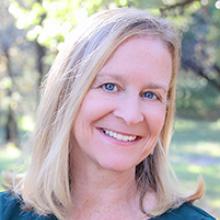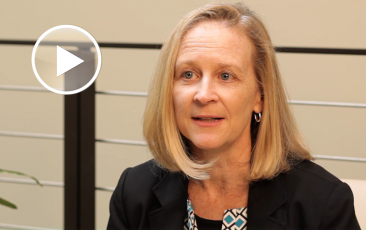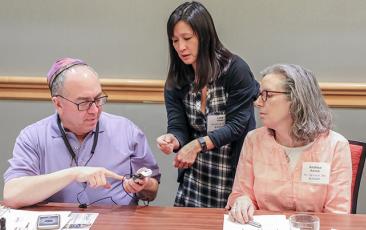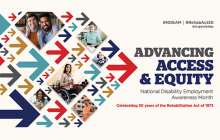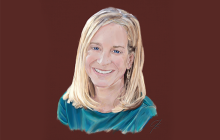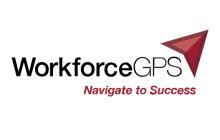Disability touches all of us. Of the 72.3 million families included in the 2000 United States Census, over a quarter (28.8%) had at least one family member with a disability. In September 2020, the Bureau of Labor Statistics reported that among workers aged 16-64 years, over 4.2 million had a disability.
 But disability is also a factor in poverty and exclusion from the workforce. In 2016, the American Community Survey found that the median earnings of people with disabilities ages 16 and over in the US was $22,047, about two-thirds of the median earnings of people without disabilities, $32,479. Costs for long-term health care and personal assistants often deplete the limited earnings of people with disabilities, making it more difficult to overcome barriers to accessible housing and transportation.
But disability is also a factor in poverty and exclusion from the workforce. In 2016, the American Community Survey found that the median earnings of people with disabilities ages 16 and over in the US was $22,047, about two-thirds of the median earnings of people without disabilities, $32,479. Costs for long-term health care and personal assistants often deplete the limited earnings of people with disabilities, making it more difficult to overcome barriers to accessible housing and transportation.
Education and employment are essential to improving the lives and independence of people with disabilities. Policies that support access to transportation, housing, health care, and community living can help address some of the greatest challenges to independence those with disabilities face.
Our Work
People with disabilities who receive a high-quality education and enter the workforce prepared are not only a benefit to themselves, but to their families, employers, and communities. AIR’s diverse portfolio of work on disability issues provides both expertise and resources to help people with disabilities pursue employment opportunities and gain economic security. Our policy recommendations support people with disabilities by helping them live more independently and more connected to their communities.
AIR’s diverse portfolio generates knowledge and resources that help people with disabilities find jobs and succeed in them. We also conduct and translate research, provide technical assistance, and recommend policies to support greater access for people with disabilities that lead to independent living and community inclusion. This work includes the intersection of disability with special education, patient-centered health care, college and career readiness for youth with disabilities, criminal justice, and refugee and migrant initiatives.
AIR’s disability and rehabilitation experts include:
- Disability researchers and program evaluators
- In-house survey methodologists
- Interviewers and focus group leaders
- Experts in creative visual design
- Economists to maximize investments
- Professional training developers
- Human-centered design experts
- Disability policy analysts
- Knowledge translation experts
